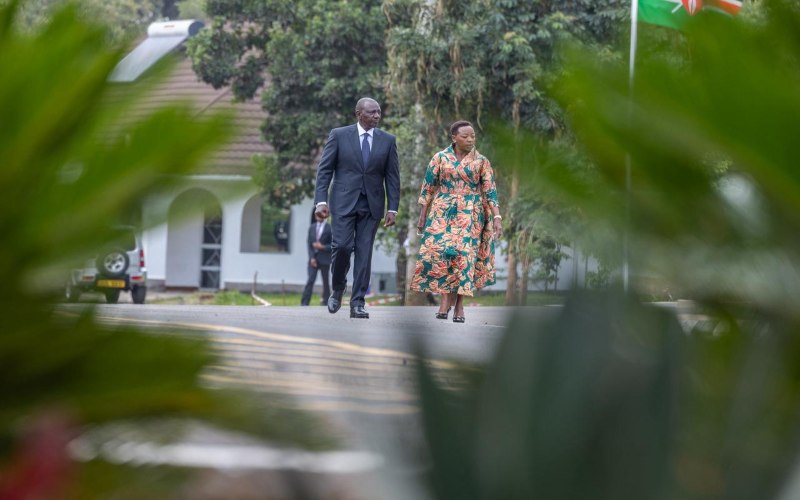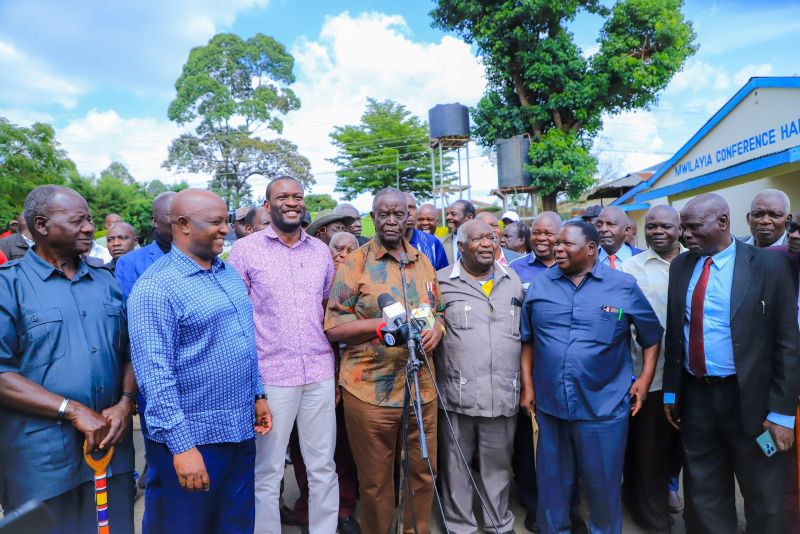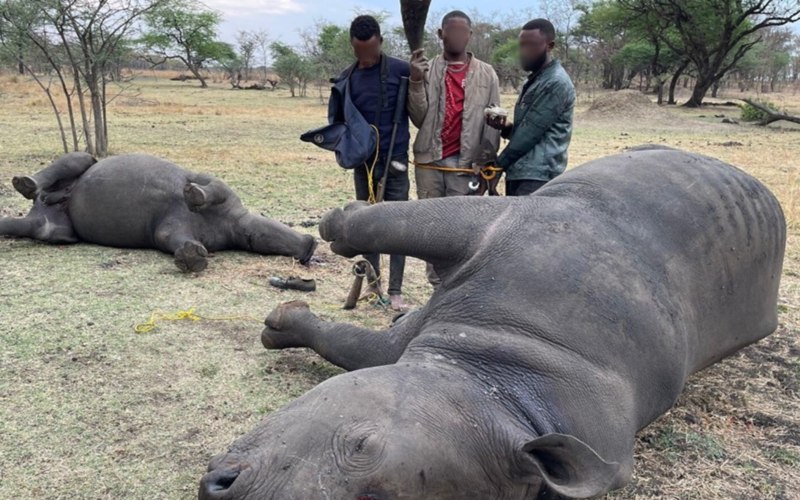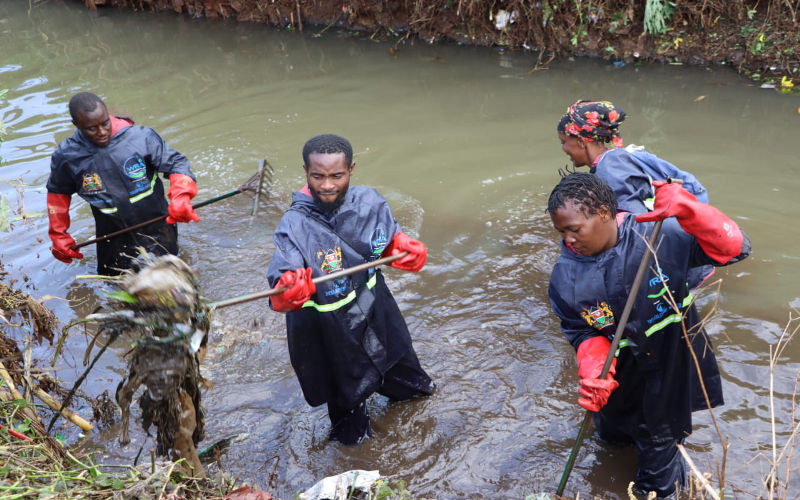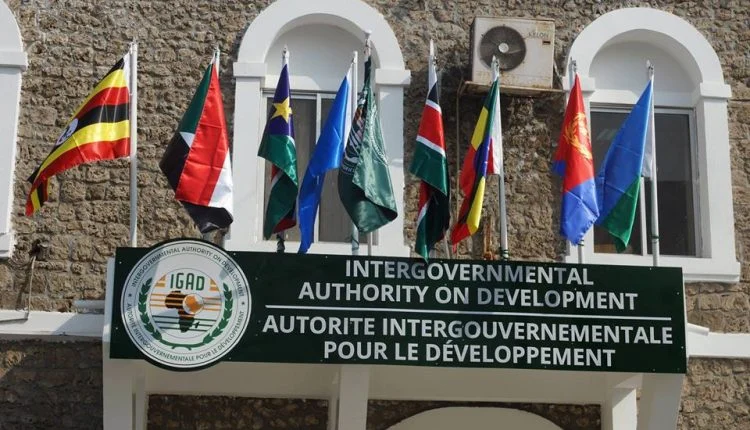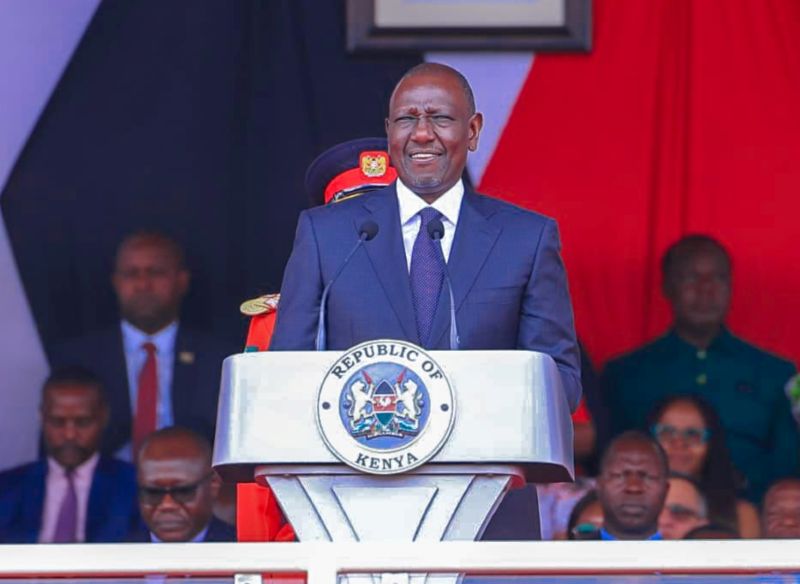Kagwe calls for overhaul of agriculture funding, criticises three per cent budget allocation
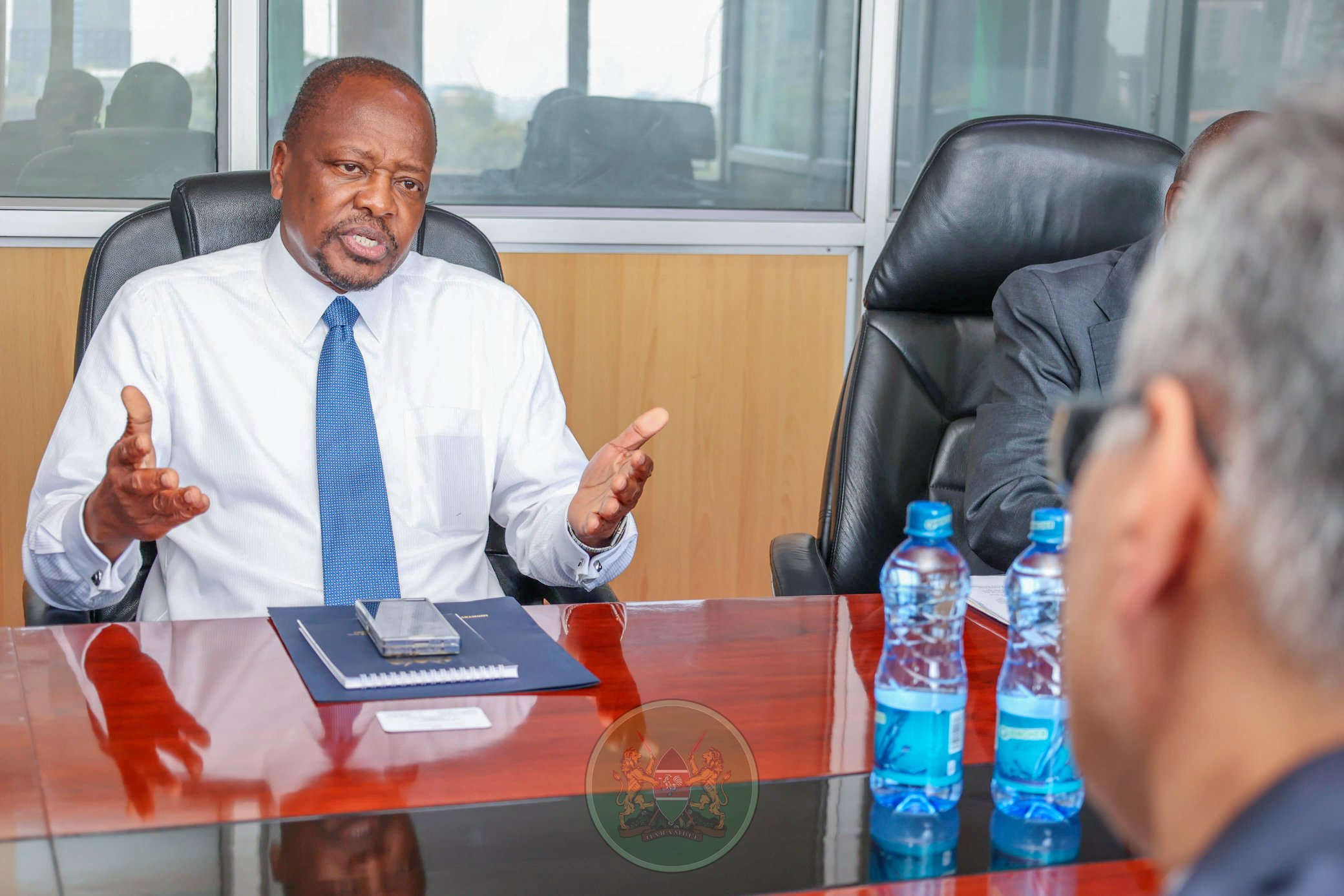
Kagwe pledged to work with the National Treasury, Parliament, and other policymakers to raise the sector’s budget allocation to 10 per cent.
Agriculture Cabinet Secretary Mutahi Kagwe has called for a substantial increase in government funding for the agriculture sector, stressing that it is unjust for the sector, which contributes nearly half of Kenya’s economy, to receive only 3 per cent of the national budget.
Speaking at the Financing Agri-Food Systems Sustainably (FINAS) 2025 conference, Kagwe pledged to work with the National Treasury, Parliament, and other policymakers to raise the sector’s budget allocation to 10 per cent, with the aim of boosting agricultural productivity and fulfilling Kenya’s international commitments.
More To Read
- CS Kagwe announces policy overhaul for sugar, tea and miraa to protect farmers’ earnings
- Factory farming in Africa: Development banks see it as a good idea, but it’s bad for the climate
- AU calls for rapid tech adoption in farming to shield continent from food crises
- CS Kagwe urges bold reforms in agriculture sector as Intergovernmental Agriculture Forum opens in Naivasha
- Kenya wants China to remove tariffs on coffee, tea, avocados as trade imbalance persists
- City Hall moves to recognise urban farmers in policy review
“Despite contributing a staggering 50 per cent to our GDP—22.5 per cent directly and an additional 25–30 per cent through indirect linkages—agriculture currently receives only 3 per cent of the national budget,” Kagwe stated.
“This is unacceptable. I am making an undertaking to increase this allocation gradually to 10 per cent.”
Kagwe said that by increasing the budgetary allocation, Kenya would not only be making adequate investments in the agriculture sector but also honouring its commitments under the Malabo Declaration of 2014 on the Comprehensive African Agriculture Development Programme (CAADP) and the Kampala Declaration of January 2025.
He noted that this move would represent a significant step towards transforming the country’s agri-food systems, boosting agricultural productivity by 45 per cent, eliminating post-harvest losses, and tripling intra-African trade in agricultural products by 2035.
The CS also addressed the lack of agricultural financing from commercial banks, revealing that only 3 per cent of the US$49 billion (approximately Sh6.4 trillion) in total loans issued by banks in 2023 was directed to the agriculture sector.
He attributed this to outdated perceptions of high risk, lack of collateral, and underdeveloped rural capital markets.
“This is a sad indictment. The reasons—high risks, lack of collateral, and underdeveloped rural financial markets—are well understood. But it doesn’t have to remain this way,” said Kagwe.
In response, he called on financial institutions to rethink their approach and innovate around the real needs of farmers. He urged banks to move away from short-term, high-interest credit models and adopt long-term, low-interest financing solutions tailored to the unique cycles of agricultural production.
Kagwe proposed reinstating a policy that once required financial institutions to allocate a fixed portion of their assets to agriculture. He said reviving this rule would help create a consolidated pool of funds that could offer more accessible and affordable credit to farmers.
“Some time ago, there was a rule requiring financial institutions to lend a certain percentage of the assets under their administration to the agricultural sector. Unfortunately, we seem to have abandoned it along the way. Today, I am calling for its reinstatement. This aggregated pool of funds could provide the affordable and accessible capital that the sector desperately needs,” he said.
In addition, the CS advocated for the creation of a dedicated, exchequer-funded agricultural finance facility, similar to the Constituency Development Fund (CDF). He announced that the Ministry of Agriculture plans to recapitalise the Agricultural Finance Corporation (AFC) and merge it with the Commodities Fund to enhance its capacity to meet the growing capital needs of the sector.
Kagwe emphasised that meaningful agricultural transformation would require a multi-stakeholder effort involving government, financial institutions, and the private sector. He cited technological innovation as a crucial enabler, highlighting the Kenya Integrated Agriculture Management Information System (KIAMIS), which has so far digitally registered over 6.4 million farmers.
He called on all stakeholders to embrace a bold and collaborative approach in creating an inclusive, technology-driven, and sustainable agricultural financing system. He stressed that no farmer should be left behind in the journey towards national agricultural renewal.
Top Stories Today








